Ronald Nash
Showing all 5 resultsSorted by latest
-
Lifes Ultimate Questions
$32.99Life’s Ultimate Questions is unique among introductory philosophy textbooks. By synthesizing three distinct approaches—topical, historical, and worldview/conceptual systems—it affords students a breadth and depth of perspective previously unavailable in standard introductory texts.
Part One, Six Conceptual Systems, explores the philosophies of: naturalism, Plato, Aristotle, Plotinus, Augustine, and Aquinas.
Part Two, Important Problems in Philosophy, sheds light on: The Law of Noncontradiction, Possible Words, Epistemology I: Whatever Happened to Truth?, Epistemology II: A Tale of Two Systems, Epistemology III: Reformed Epistemology, God I: The Existence of God, God II: The Nature of God, Metaphysics: Some Questions About Indeterminism, Ethics I: The Downward Path, Ethics II: The Upward Path, Human Nature: The Mind-Body Problem and Survival After Death.Add to cartin stock within 3-5 days of online purchase
-
Light Of The Mind
$18.68St. Augustine is not only the bridge that links ancient philosophy and early Christian theology with the thought of the Middle Ages, but one who, in his philosophy and especially in his epistemology, anticipated some of the most important ideas of Descartes and Malbranche, Berkeley and Kant. In this study of the central aspect of St. Augustine’s thought, the author analyzes the various facets of his theory of knowledge and offers a new interpretation of his idea of divine illumination.
St. Augustine’s views on skepticism and truth, on faith and reason, and on sense perception and cogitation are first examined in order to show their relation to this theory of divine illumination as the ultimate source of truth for man. The proper understanding of the theory of illumination, of how man apprehends the divine ideas, is the most difficult problem in St. Augustine’s epistemology, for he did not formulate any systematic theory of knowledge. Any account of the Augustinian epistemology, Mr. Nash believes, must resolve three paradoxes: how the intellect is both passive and active; how the forms are distinct from – and not distinct from – the human mind; and how man’s mind is and is not the light that makes knowledge possible.
In explaining the nature of divine illumination, Nash discusses four interpretations that have been advanced; the Thomist (which he rejects as not faithful to St. Augustine’s general philosophy), the Franciscan, the Formalist, and the Ontologist. He argues here for a modified Ontologist view. In his synthesis of Christian theology and Neoplatonic philosophy, St. Augustine held that all creation partakes of truth in varying degrees, that man as the highest part of creation, created in God’s image and thus sharing to some degree the divine nature, is able to know truth through the divine light and the light of his own mind. In attempting to find an answer to the perennial problem of knowledge, St. Augustine, Nash suggests, was struggling to find a theory that would combine the benefits of conceptualism and realism, and his answer was more modern than many have given him credit for.
Add to cartin stock within 3-5 days of online purchase
-
Biblical Economics Manifesto
$9.99This book will help to clear up the many misunderstandings of basic economics. With this book you can learn about the economy and how it actually works. The authors will show you how the best understanding of economics conforms with what the Bible teaches about economics.
Add to cartin stock within 3-5 days of online purchase
-
When A Baby Dies
$9.99“Is my baby with God now?” What does the Bible say to such a question? What hope does it offer parents grieving the loss of a precious child? The answers are merciful. However, the implications are not simple. Is God a Universalist? Is there salvation after death? What is the role of infant baptism? And what about the doctrine of depravity? If a baby is born into sin, then what? What happens to the unborn — to the miscarried and the aborted? For pastors looking for biblical grounds to offer comfort and assurance, and for parents seeking solace for their grief, When a Baby Dies offers insights that are rich in hope and grounded solidly in Scripture.
Add to cartin stock within 3-5 days of online purchase
-
Faith And Reason
$28.55Christians should not have an inferiority complex regarding the academic or intellectual integrity of their faith and should understand that Christian faith is also a rational faith. Faith and Reason has two major purposes. First, it is designed to introduce readers to the more important questions that link philosophy and religion. It explores philosophical questions. It is also written for pastors, Christian workers, and educated laypeople who want to know how to defend the Christian faith. The book includes discussion questions.
Add to cartin stock within 3-5 days of online purchase


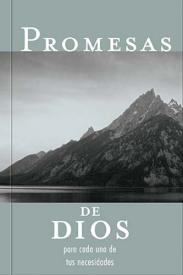
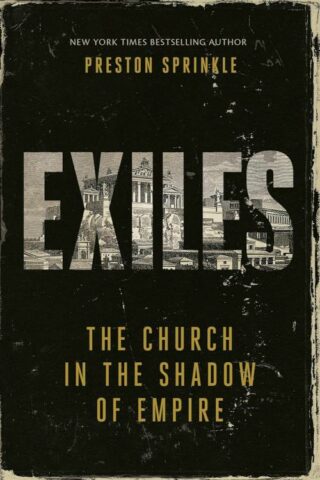
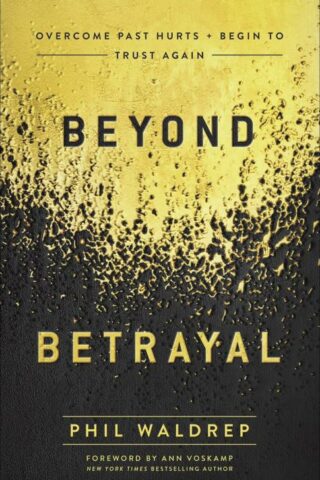
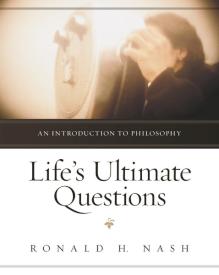
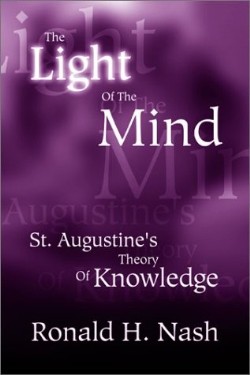
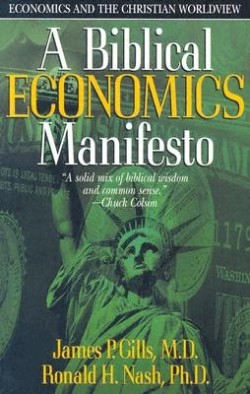
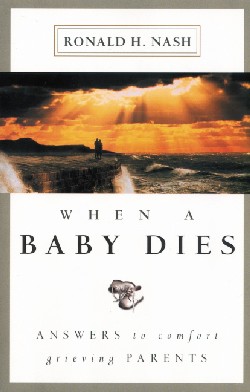
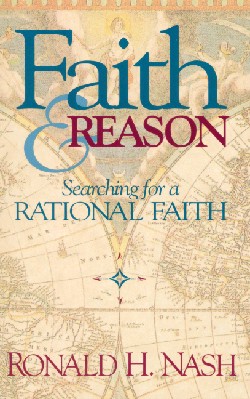

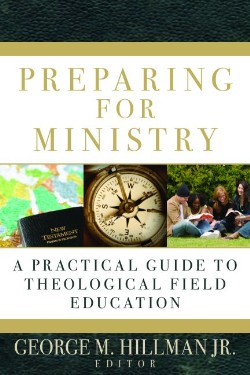
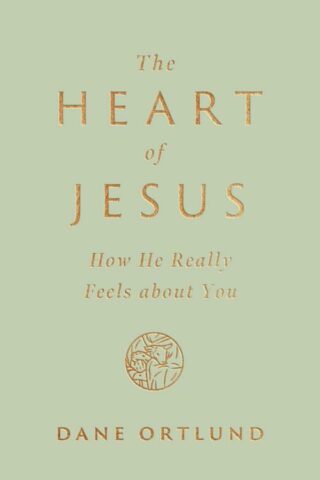
![602547936172 Love Has A Name [Live]](https://ocbfbookstore.org/wp-content/uploads/2024/11/602547936172-320x480.jpg)
